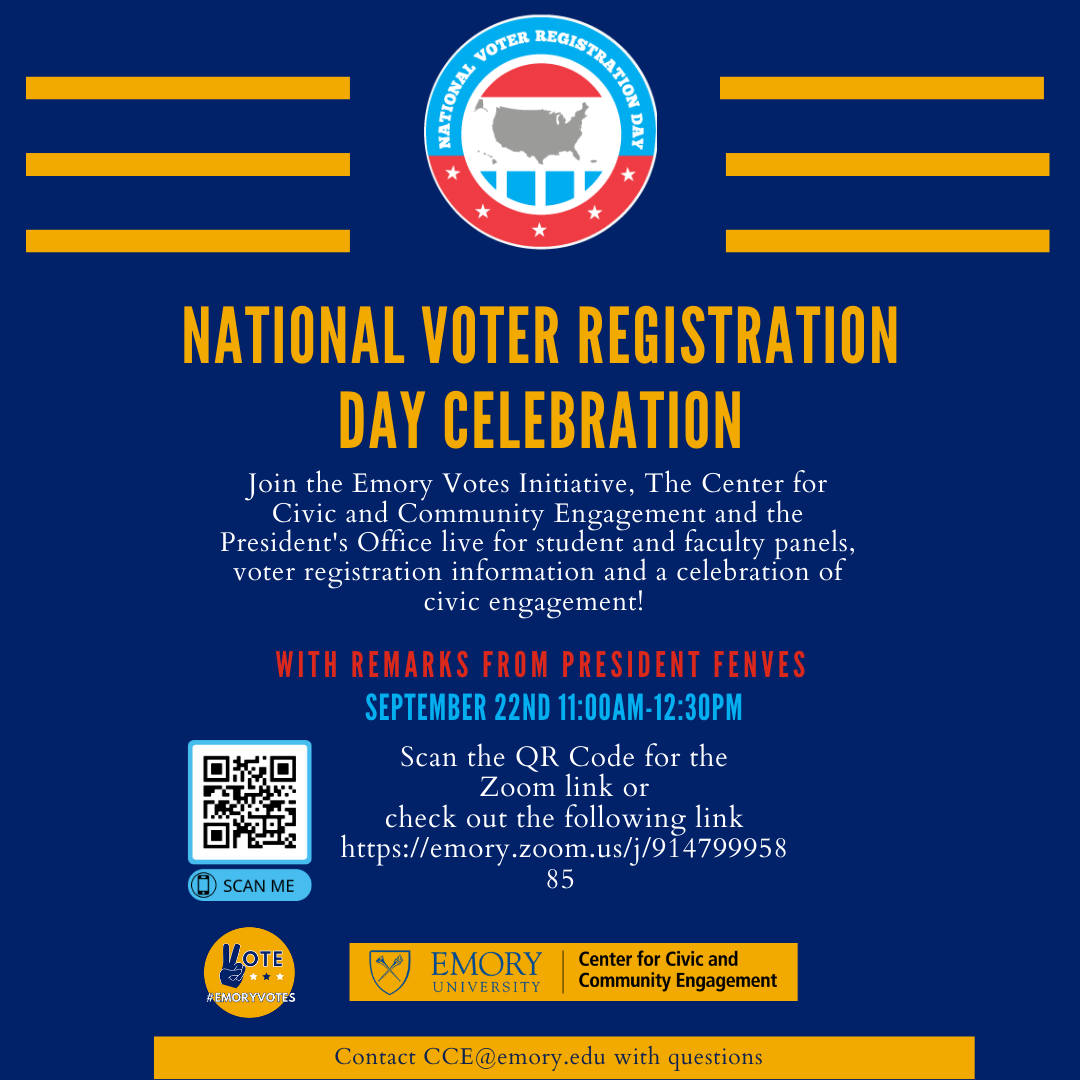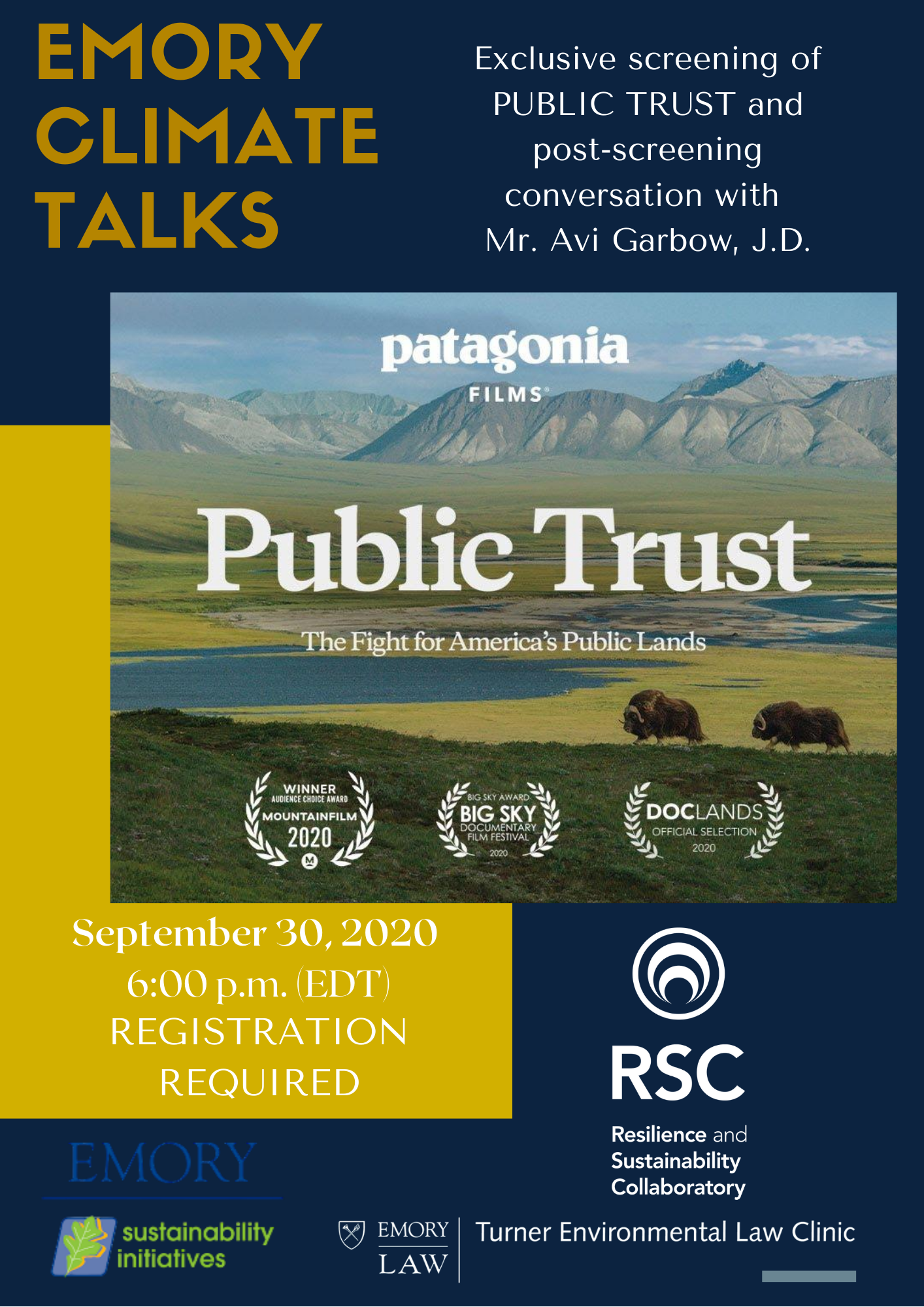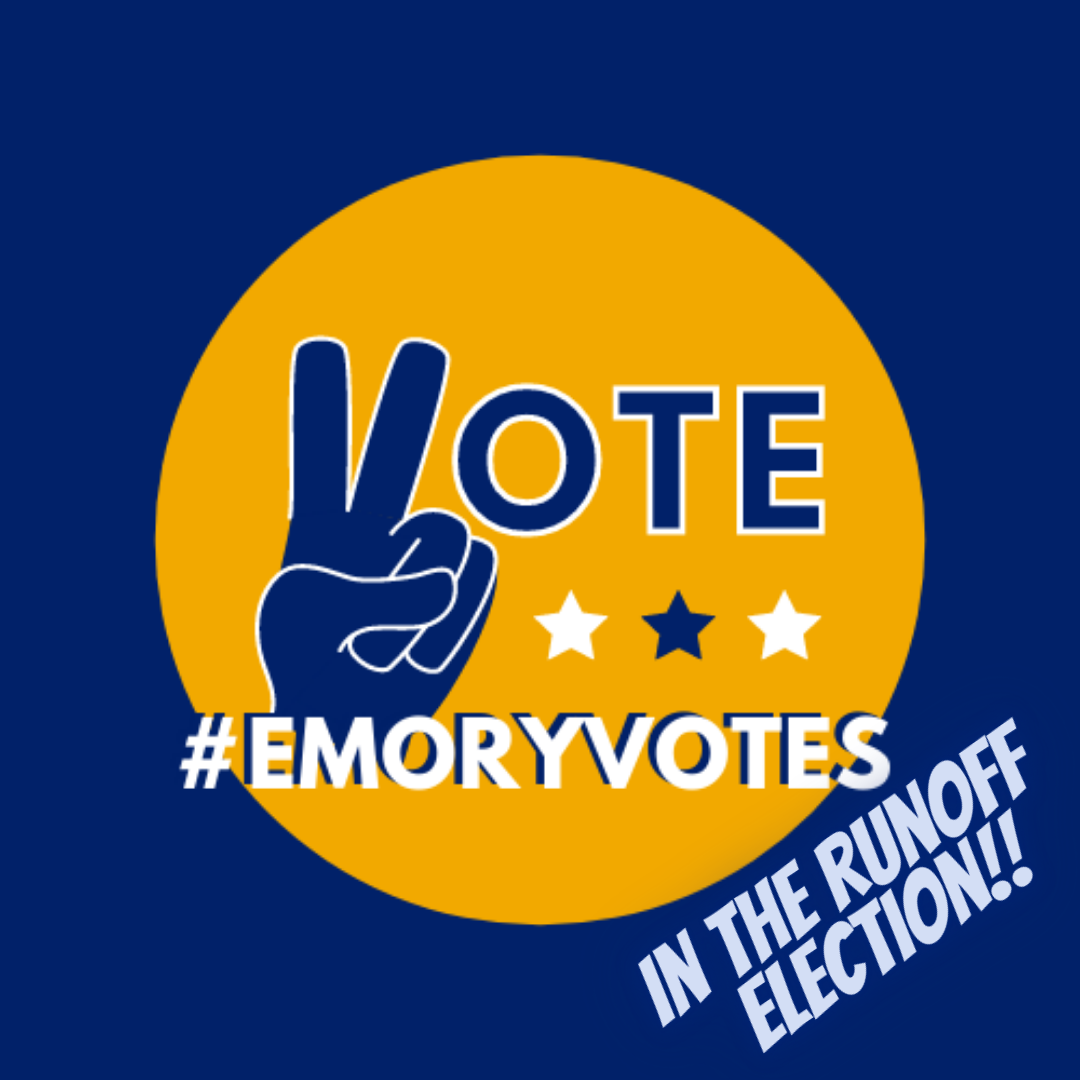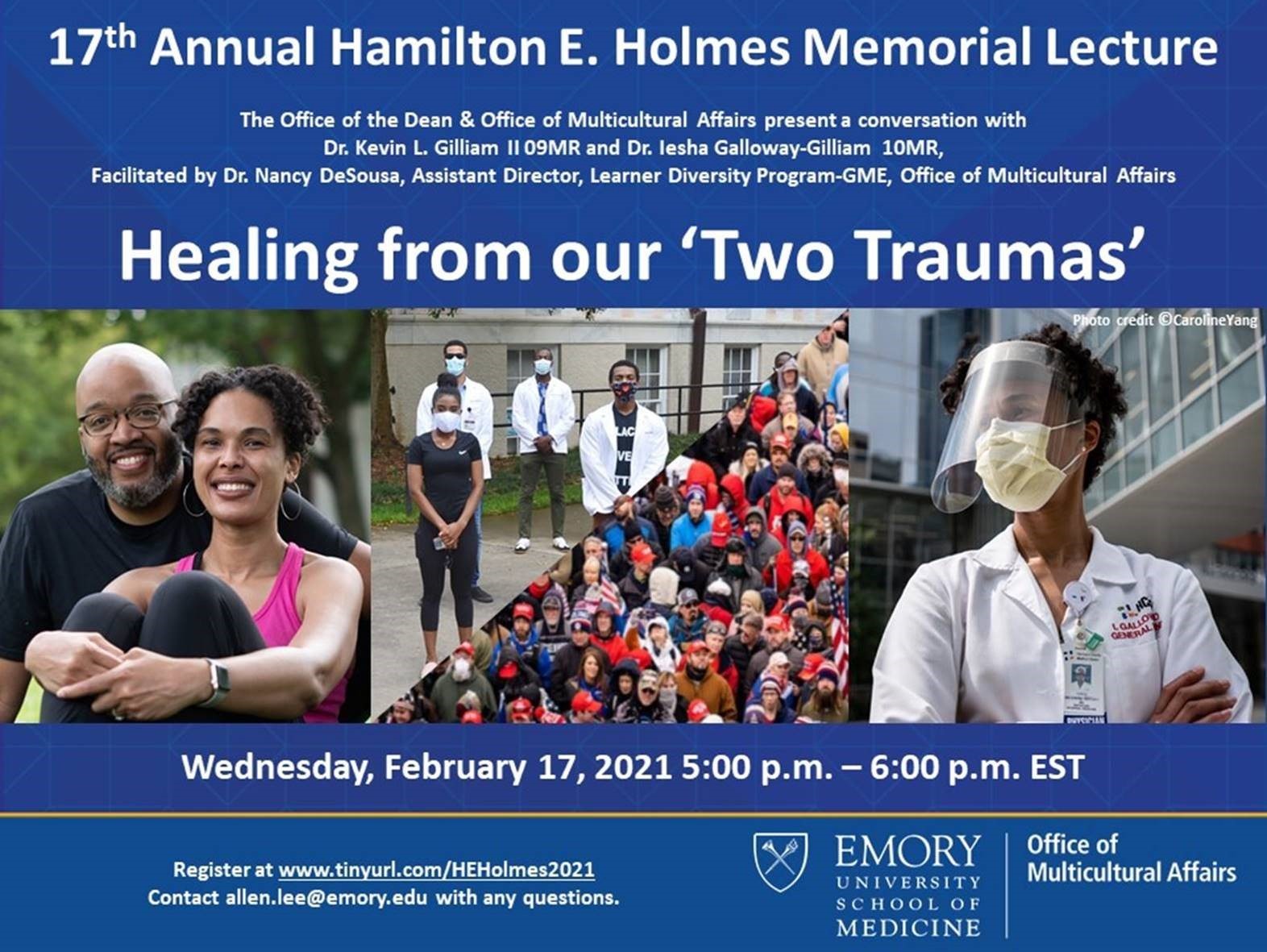The Emory University Center for Ethics presents Ibram X. Kendi
The Emory University Center for Ethics is pleased to present the inaugural James W. Fowler Ethics Lecture, featuring New York Times bestselling author Ibram X. Kendi on How To Be An Antiracist. Please join us on Wednesday September 16th, 2020 at 4pm as Dr. Kendi addresses our individual responsibility to create a more just and equitable society. Register today at www.engage.emory.edu/Kendi and see … Continue Reading →







